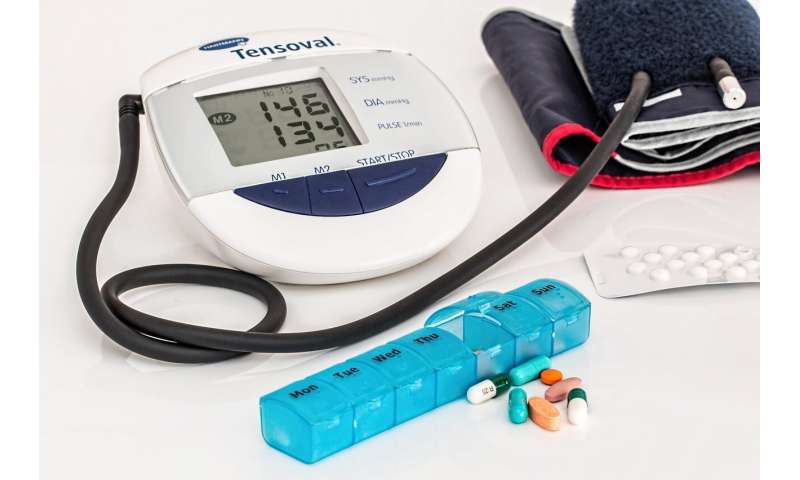
All adults with endocrine disorders should be tested for high cholesterol and triglycerides to evaluate their risk of heart attack or stroke, according to a Clinical Practice Guideline issued today by the Endocrine Society.
The guideline, titled “Lipid Management in Patients with Endocrine Disorders: An Endocrine Society Clinical Practice Guideline,” was published online and will appear in the December 2020 print issue of The Journal of Clinical Endocrinology & Metabolism (JCEM), a publication of the Endocrine Society. This guideline provides an approach to assessing and treating high cholesterol and triglycerides in patients with endocrine diseases like hypothyroidism, menopause and Cushing’s syndrome.
Apart from diabetes, many endocrine diseases are not mentioned in cholesterol management guidelines. Our guideline addresses this gap in information and has three main objectives: describe lipid abnormalities and cardiovascular risk in patients with endocrine diseases; assess whether treatment of the underlying endocrine disorder improves the lipid profile and/or lowers the risk of cardiovascular disease; and discuss the evidence for using cholesterol and triglyceride lowering medications, in addition to diet and exercise, in patients with these endocrine diseases.
“This guideline is the first of its kind. We hope that it will make a lipid panel and cardiovascular risk evaluation routine in adults with endocrine diseases and cause a greater focus on therapies to reduce heart disease and stroke,” said Connie Newman, M.D., of the New York University Grossman School of Medicine in New York, N.Y. Newman is the chair of the committee that wrote the guideline.
Recommendations from the guideline include:
Source: Read Full Article
